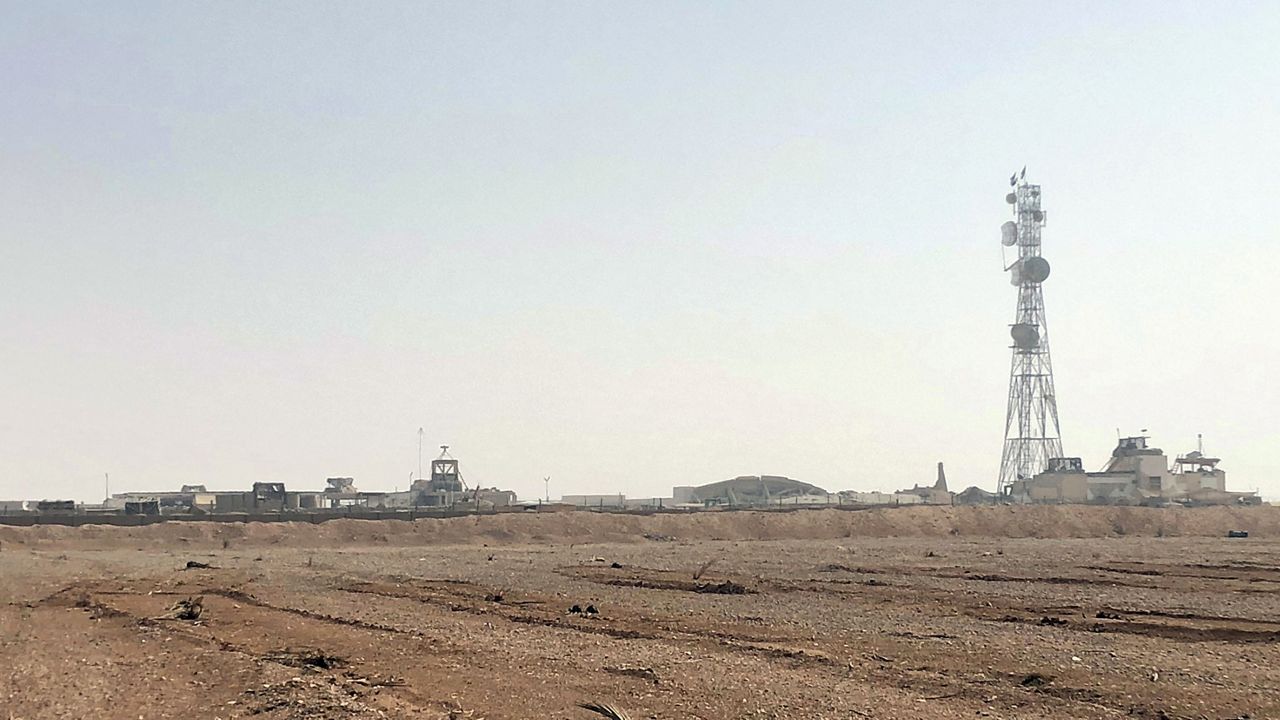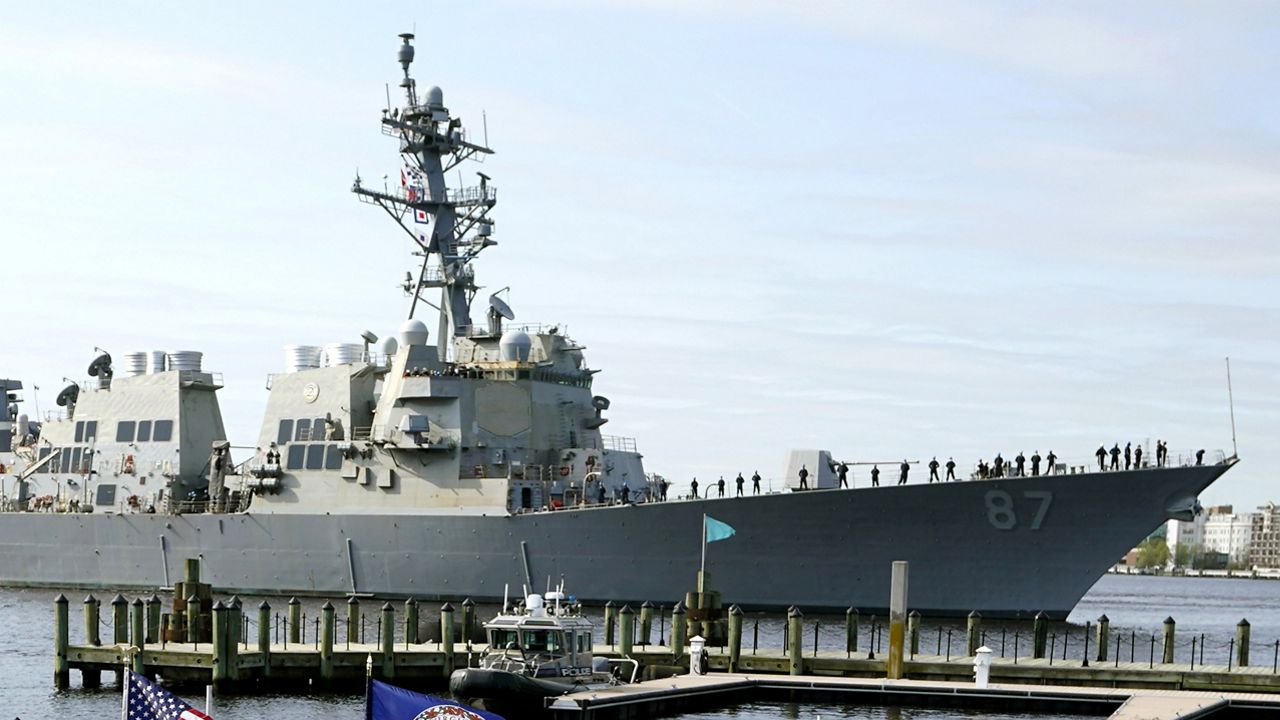The U.S. airstrikes on Syria Thursday were meant to disrupt, deter and prevent future attacks from Iran-backed militia group operations, National Security Council spokesperson John Kirby said Friday.
The two sites the airstrikes targeted were storage facilities and ammunition depots used to support Iran’s Islamic Revolutionary Guard Corps operating in Syria but are not intended as an escalation of the Israel-Hamas war that began Oct. 7.
“Nobody’s looking for a conflict with Iran,” Kirby said in a briefing Friday. “This was completely separate and distinct from what’s going on between Israel and Hamas. The president has been crystal clear that he’s going to act to protect U.S. personnel on the ground, and we continue to reserve the right to respond to any attacks at a time and place of our choosing.”
He said the U.S. is supporting Israel with ammunition and other military capabilities but declined to talk about the Israeli Defense Force beginning ground operations in Gaza, saying it “might affect our operational security.”
Since the attack, the U.S. has sent weapons to Israel and deployed warships to the region. The Pentagon said Thursday that 900 troops are deploying or have deployed to the Middle East to bolster U.S. forces in the region. Last week, President Joe Biden asked Congress for $14.3 billion to support Israel with air and missile defense systems and weapons as well as $9 billion in humanitarian aid for Israel and Gaza.
The Hamas attack killed more than 1,400 people in Israel. Israel’s retaliation against Hamas in Gaza has since killed more than 7,000, according to the Hamas-run Gaza Health Ministry.
Kirby said the Biden administration is “working very, very hard with our partners on the ground” on a variety of fronts, including safe passage for civilians out of Gaza. It is also working “with partners in the Middle East to ensure that any country with influence over Hamas brings that influence to bear” to help secure the release of more than 200 individuals who were kidnapped during the October 7 attack, many of whom are U.S. citizens.
Citing Secretary of State Antony Blinken, he said the inability to release American citizens from Gaza is not because of Egyptian resistance to their passage through Rafah but because Hamas controls the Gaza side of the gate.
He said the Biden administration supports a pause on Israeli airstrikes to allow for the safe passage of hostages out of Gaza and that they are having active conversations with Israel about doing so. The administration also supports humanitarian pauses for getting humanitarian aid into Gaza, including fuel that can help restore power to hospitals “for doctors and nurses to do their jobs” and for water purification.
Kirby said 10 aid trucks were allowed in on Friday, bringing the total to 84. “It’s not at all going to meet the need,” Kirby acknowledged. “We’re continuing to press our partners for much more.”
He said the United Nations had also arranged for fuel to enter Gaza for the first time since the conflict began Oct. 7 but cautioned the fuel was only expected to last for the next couple days.








